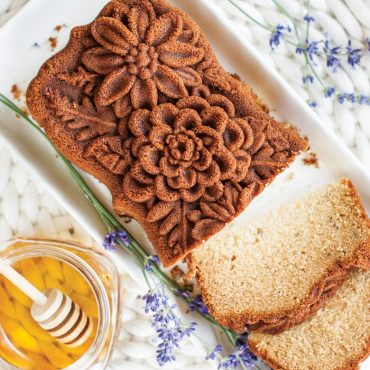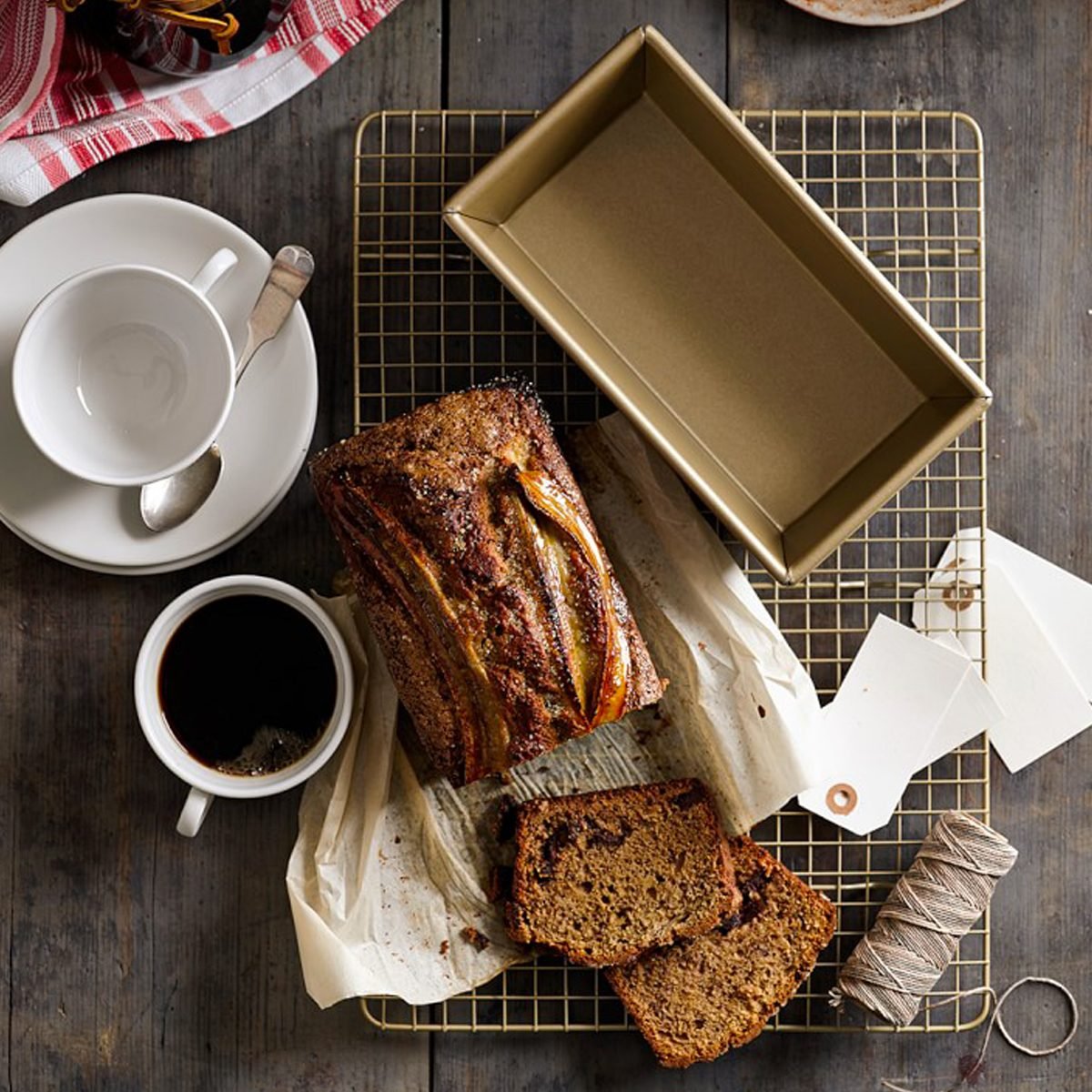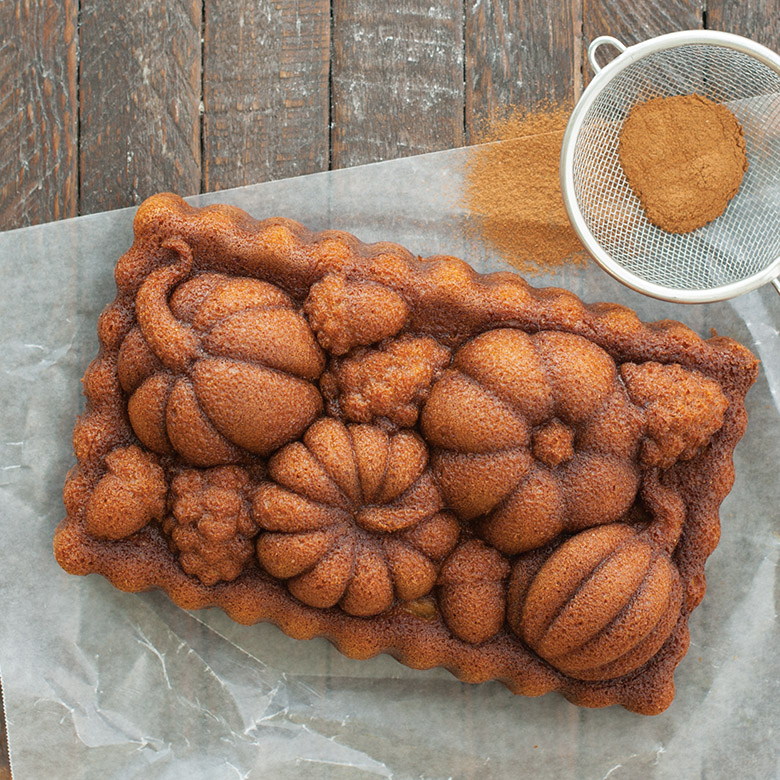Baking bread at home is an art, but using decorative bread pans turns baking into a celebration! In this article, we will explore the different types of decorative bread pans, their benefits, tips for choosing the right one, and much more.
What Are Decorative Bread Pans?
Decorative bread pans are specialized baking pans designed not only for function but also for aesthetics. They come in various shapes, sizes, materials, and designs, adding a touch of personality to your kitchen and your baked goods.
Types of Decorative Bread Pans
Here are some common types of decorative bread pans that you might want to consider for your baking endeavors:
1. Loaf Pans
Loaf pans are the most traditional type of bread pans. They are often used for making classic sandwich loaves.
- Material: Aluminum, Glass, or Non-stick Coating
- Sizes: Standard (9×5 inches), Mini (5.75×3 inches)
2. Pullman Pans
Pullman pans are rectangular and come with a lid, allowing for a uniform, square loaf that’s perfect for sandwiches.
- Material: Steel or Cast Iron
- Size: Commonly 13x4x4 inches

3. Decorative Shaped Pans
These pans come in various shapes, such as flowers, hearts, or even animals, making them perfect for special occasions.
- Material: Silicone or Metal
- Size: Varies significantly
4. Specialty Pans
There are also specialty pans for specific types of bread, such as baguettes and ciabatta.
- Material: Steel with perforations
- Size: Typically 15-20 inches long

Choosing the Right Decorative Bread Pan
When selecting the perfect decorative bread pan, consider the following factors:
Material Matters
The material of the pan affects heat conduction and the bread’s final texture.
- Metal Pans: Excellent heat conductivity, perfect for crusty bread.
- Glass Pans: Great for monitoring browning but can lead to uneven baking.
- Silicone Pans: Non-stick and flexible, but may not provide the same crust.

Size and Shape
Consider how you plan to use the bread and the portion sizes you need. A decorative shape may look impressive but might not be practical for everyday use.
Ease of Cleaning
Non-stick and silicone options can simplify clean-up, while traditional metal pans may require more care.

Benefits of Using Decorative Bread Pans
Using decorative bread pans comes with several benefits:
- Enhanced Presentation: Decorative pans create visually appealing loaves that impress guests.
- Fun Baking Experience: Baking in unique shapes can be a fun activity for families.
- Encourages Creativity: Try new recipes and experiment with flavors and decorations.
Personal Experience: My Journey with Decorative Bread Pans
As someone who enjoys baking, I can personally attest to the joy that decorative bread pans bring into the kitchen. I bought my first decorative loaf pan—a lovely floral design—a few years ago, and I was amazed at how it transformed my ordinary banana bread into a centerpiece. Friends and family were not only impressed with the taste but captivated by the beautiful presentation. It made every baking session feel like a special occasion.

Comparing Popular Decorative Bread Pans
Here’s a comparison table of some popular decorative bread pans available in the market:
| Brand | Type | Material | Size | Price | Pros | Cons |
|---|---|---|---|---|---|---|
| Pans of Gold | Loaf Pan | Aluminum | 9×5 in | $25 | Durable, Non-stick coating | Requires careful handling |
| Wilton | Floral Loaf Pan | Silicone | 10×5 in | $15 | Flexibility, Easy clean-up | Can warp at high temps |
| Nordic Ware | Pullman Pan | Steel | 13×4 in | $30 | Even baking, Durable | Heavier to handle |
| USA Pan | Baguette Pan | Aluminized Steel | 17×5 in | $40 | Airflow for crusty bread | Larger size requires more space |

Pros and Cons of Decorative Bread Pans
Pros
- Visually appealing baked goods
- Variety of designs for special occasions
- Encourages creativity in the kitchen
Cons
- Some designs may not be practical for everyday use
- Potential for uneven baking with certain materials
- Higher cost compared to standard pans
Tips for Maintaining Decorative Bread Pans
To keep your decorative bread pans in the best condition:
- Always follow the manufacturer’s cleaning instructions.
- Avoid using metal utensils on non-stick surfaces.
- Store pans in a dry place to prevent rust or warping.
Creative Uses for Decorative Bread Pans
Aside from baking bread, decorative pans can be used for various culinary creations:
- Cakes: Bake unique cakes for birthdays and celebrations.
- Meatloaf: Use shaped pans for fun meatloaf presentations.
- Gelatin Desserts: Make colorful, fun desserts for parties.
FAQs About Decorative Bread Pans
1. Can I use decorative bread pans in the oven?
Yes, most decorative bread pans are designed for oven use. However, always check the manufacturer’s instructions for temperature limits.
2. How do I prevent my bread from sticking to the decorative pan?
Using a non-stick spray or lining the pan with parchment paper can help prevent sticking. Always ensure the pan is well-greased, especially if it’s made of metal.
3. Are silicone decorative pans safe to use?
Yes, silicone pans are safe to use in the oven. They are flexible and non-stick but may require careful handling when filled.
4. How do I clean my decorative bread pans?
Most decorative bread pans can be washed with warm, soapy water. Avoid abrasive cleaners to protect the coating or finish.
5. Can I bake non-bread items in a bread pan?
Absolutely! Decorative bread pans can be used for baking cakes, casseroles, or even shaped gelatin desserts.
Conclusion: Bake with Style!
Decorative bread pans not only enhance the visual appeal of your baked goods but also make the baking experience more enjoyable. With so many options available, there’s a perfect decorative pan for every baker’s personality and style. Whether you are a seasoned baker or just starting, investing in a decorative bread pan can elevate your culinary creations. So, get ready, roll up your sleeves, and unleash your creativity in the kitchen!